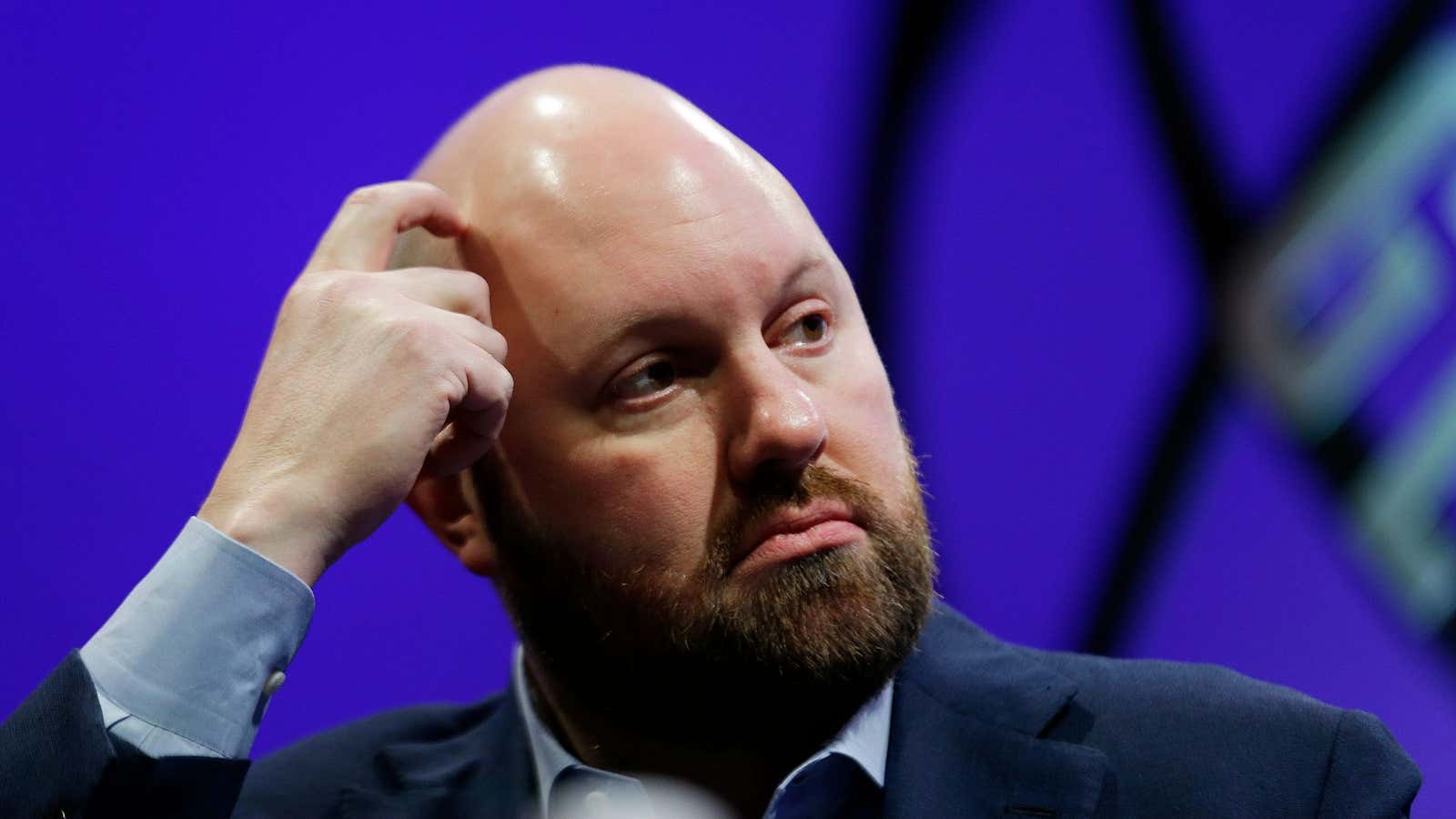The message is out: Investors in young tech companies are warning founders of dark times ahead. Watch your unit economics, keep a close eye on headcount, get some contracts on the books now.
The targets of this message are companies that are expecting, or even worse, depending, on a big fundraising round to achieve their goals. We’ve already begun to see some layoffs of tech workers at companies ranging from Netflix to Meta.
But the nature of venture capital is that investors raise funds well in advance of deployment. Unlike the flood of money into publicly-traded blank check firms (commonly called SPACs) in 2020 and 2021, which is likely to flood back out again, the cash raised during the previous VC funding frenzy is still ready to be put to use. Heck, Andreesen Horowitz raised $4.5 billion last month to put into Web3 companies.
“There’s been so much money that has been raised from the VC side and so there’s plenty of capital to deploy,” Ann Kim, a managing director at the Silicon Valley Bank, says. “We have not seen a slowdown in funding for pre-seed [and] series A companies, but definitely there’s more of a concern for the series B and later stage companies.”
Refinitiv, a financial data company, reports that venture funds have already socked in $88 billion in the first half of the year, which is already equivalent to two-thirds of last year’s fundraising.
Kim says that even as VCs ask portfolio companies to do things like set up credit lines while interest rates are still low, some tell her that they expect to continue their pace of investment, but with smaller deals. As valuations fall, there is an opportunity. VC funds that are investing over the next 18 months could outperform last year’s investments by backing early companies at better prices than the easy-money market of the last two years.
“Early stage investors, early stage incubators, people in our community would be telling these [startup] companies that if investors have questions, they’re too difficult to work with, pass on them,” Jordan Noone, a founding partner at Embedded Ventures, said. “A lot of these companies that have came out of the last 12, 24 months will not survive because of their investors rewarded bad behavior. “
Now, he sees these companies trying to adapt to a more challenging fundraising world. Without Tiger Global—the hedge fund that barreled into VC last year, averaging roughly a deal a day—to hurl money at startups with no strings attached, they will have to get used to explaining their businesses again. Kim says there may be more focus on “hard tech” companies despite their need for more cash than digital firms, because their intellectual property tends to be more valuable than e-commerce or enterprise software firms.
“The money’s still there, or the majority of it’s still there, but people are scared because they realize the volatility, they realize the risk,” Noone says.
